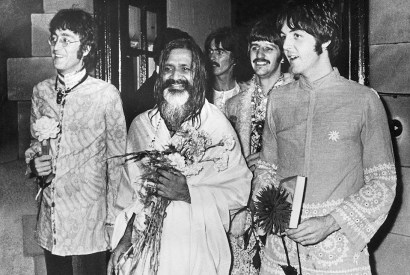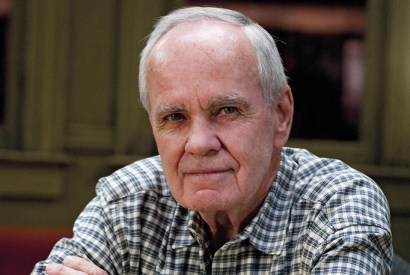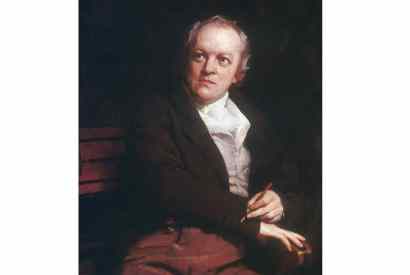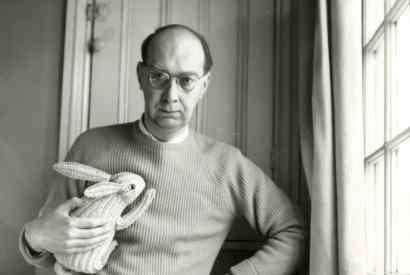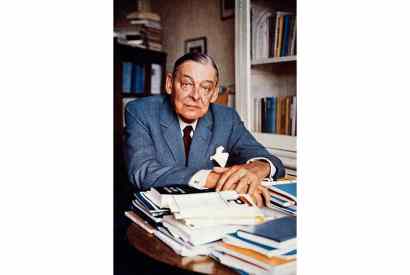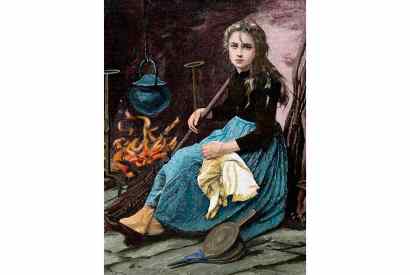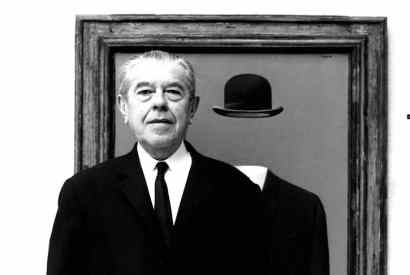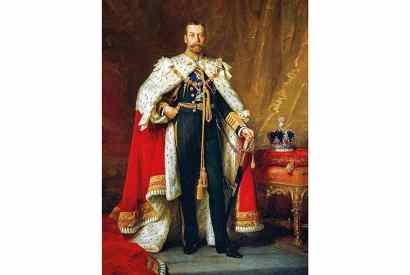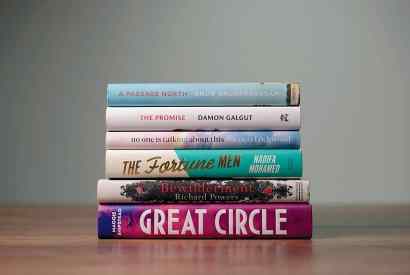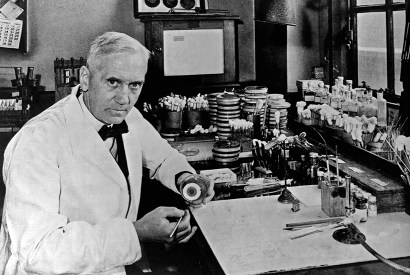The phoney mystics who fooled the West
Many suspect mystics have exploited naive westerners in search of spiritual enlightenment over the past century, Philip Hensher discovers
Cheerful meanderings: Caret, by Adam Mars-Jones, reviewed
Now established in Cambridge, John Cromer embarks on a whirlwind of small adventures, testing our patience, if not our sympathy, with his extensive digressions
Philip Larkin, the Poet Laureate who never was
We’ll never know if Philip Larkin, one of the greatest English poets of the twentieth century, would have been a…
The changing face of the BBC Proms
The changing face of the BBC Proms
Lorrie Moore’s latest novel is deeply troubling, but also consoling
A corpse comes back to life and goes on a road trip. Lorrie Moore’s powerful new novel leaves Philip Hensher shaken, troubled, but also consoled
The confrontational genius of Martin Amis
Martin Amis had impeccable timing, as anyone who looks at his sentences, paragraphs, chapters, books ought to admit. He died…
Why are we so squeamish about describing women’s everyday experiences?
Philip Hensher discusses how words relating to women’s ordinary experiences have been shrouded in euphemism over the centuries
The attraction of freethinking humanism
Philip Hensher admires the humanists of the past, and finds them consistently kinder, more decent and generous than their contemporaries
The biography Noël Coward deserves
Philip Hensher follows Noël Coward from precocious childhood to the vortex of fame
Spare reviewed: Harry is completely disingenuous – or an idiot
What makes the Duke of Sussex believe he can lead a charge against practitioners of the written word, wonders Philip Hensher
A sunken wreck of a novel: Cormac McCarthy’s The Passenger reviewed
A great talent is wasted in Cormac McCarthy’s meandering tale of a mysterious plane crash and its aftermath, says Philip Hensher
The unpleasant truth about Joseph Roth
The Radetzky March must be one of the dozen greatest European novels – but its author was frighteningly unpleasant, says Philip Hensher
‘Jerusalem’ is a rousing anthem – but who knows what the words mean?
‘Jerusalem’ may be our unofficial national anthem, but don’t ask anyone who sings it to tell you what it means, says Philip Hensher
The intense Englishness of Philip Larkin
The English language has a curious feature, called the phrasal verb. It consists of a plain verb plus a preposition;…
Is T.S. Eliot’s great aura fading?
Cracks are beginning to appear in T.S. Eliot’s once unassailable reputation, says Philip Hensher
You can make anything up about the royal family and it will be printed as a matter of fact
Royal gossip is largely invented, says Philip Hensher – but Tina Brown repeats it regardless
Graham Robb deserves to be a French national treasure
Philip Hensher is enthralled by Graham Robb’s evocative new history of France
Watcher of the skies: John Constable, painter and meteorologist
Philip Hensher describes how John Constable’s energy and imagination freed British art from the constraints of the past
The first fairy stories were never intended for children
Philip Hensher explores the origins of fairy tales
The life of René Magritte was even more surprising than his art
René Magritte’s life, so outwardly respectable, was as full of surprises as his art, says Philip Hensher
Far from being our dullest king, George V was full of surprises
‘Victorian’ stuck, and ‘Edwardian’ too. But ‘Georgian’, as an adjective associated with the next monarch in line, never caught on.…
Another haphazard Booker shortlist lacks literary competence
Philip Hensher finds this year’s Booker shortlist more concerned with serious world issues than vivid characterisation
A dutiful exercise carried out in a rush
The final volume of Peter Ackroyd’s History of England feels like a dutiful exercise carried out in a hurry, says Philip Hensher
An interest in the bizarre helps keep melancholy at bay
Philip Hensher finds Robert Burton’s perception of the world and the human condition endlessly fascinating
Oh! Calcutta! Amartya Sen’s childhood memories brim with nostalgia
From Bengali schoolboy to citizen of the world – Amartya Sen’s autobiography is a joy, says Philip Hensher

